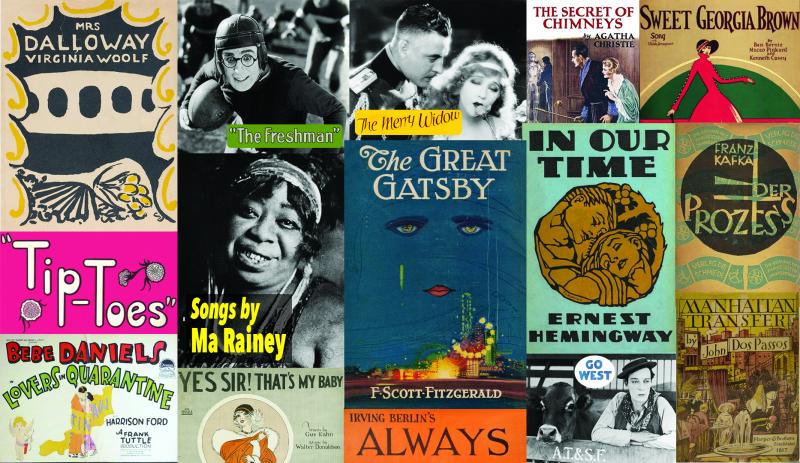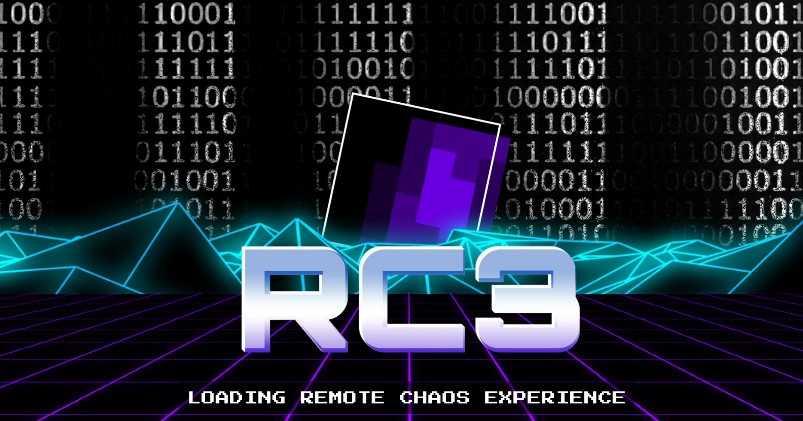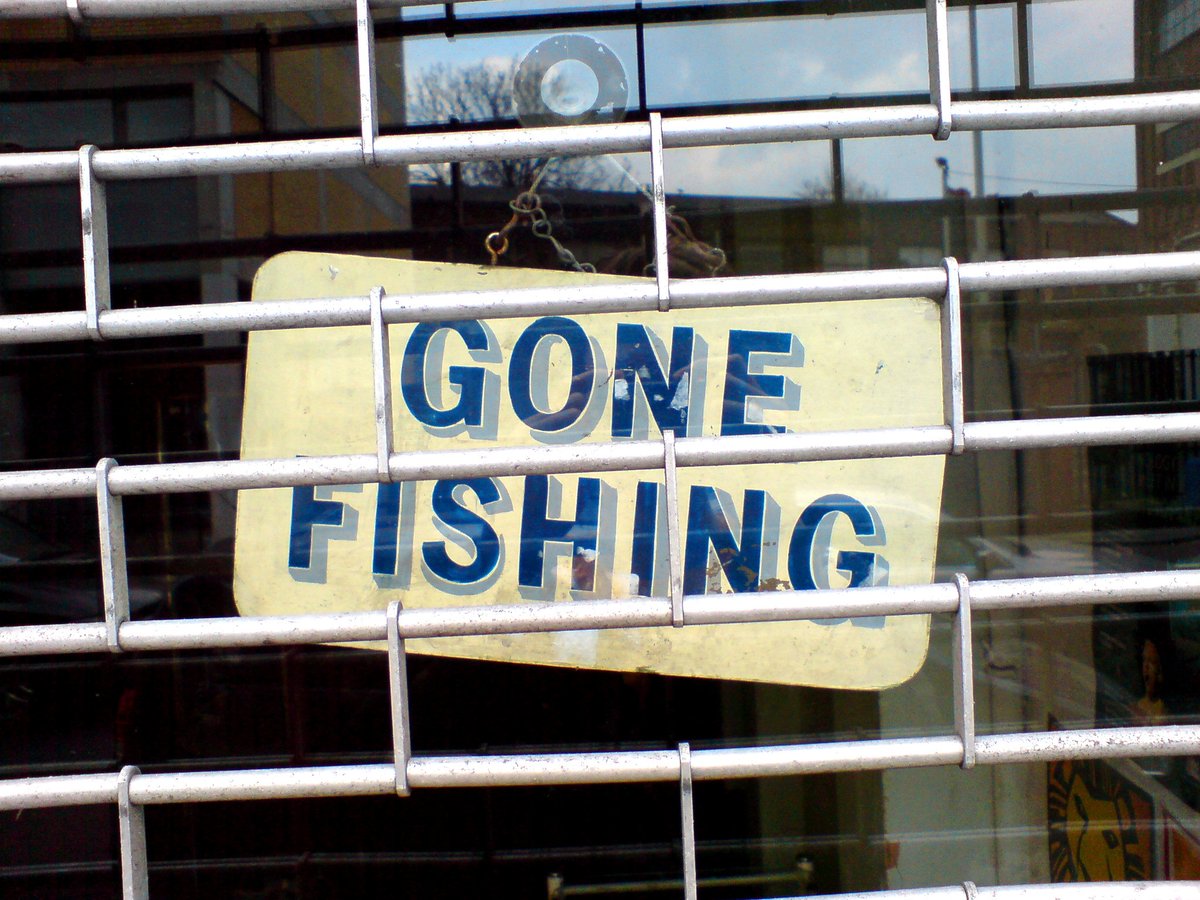
Today's threads (a thread).
Inside: Situation Normal; China's best investigative stories of 2020; Where money comes from; Raising money for Chelsea Manning; Someone Comes to Town, Someone Leaves Town part 26; and more!
Archived at: pluralistic.net/2020/12/14/sit…
#Pluralistic
1/
Inside: Situation Normal; China's best investigative stories of 2020; Where money comes from; Raising money for Chelsea Manning; Someone Comes to Town, Someone Leaves Town part 26; and more!
Archived at: pluralistic.net/2020/12/14/sit…
#Pluralistic
1/

Situation Normal: The long-overdue second Leonard Richardson novel.
2/
https://twitter.com/doctorow/status/1338261324879392769
2/

China's best investigative stories of 2020: A glimpse into some very brave and dedicated reporters' work.
3/
https://twitter.com/doctorow/status/1338521547607134230
3/

Where money comes from: And what tax is for.
4/
https://twitter.com/doctorow/status/1338567043029745664
4/

Raising money for Chelsea Manning: The whistleblower and torture survivor needs our help.
5/
https://twitter.com/doctorow/status/1338573622714109954
5/

Someone Comes to Town, Someone Leaves Town part 26: My last podcast of 2020.
6/
https://twitter.com/doctorow/status/1338574976350220288
6/

#10yrsago Naomi Wolf on rape, justice and Julian Assange huffpost.com/entry/jaccuse-…
#5yrsago The Red Cross brought in an AT&T exec as CEO and now it’s a national disaster propublica.org/article/the-co…
7/
#5yrsago The Red Cross brought in an AT&T exec as CEO and now it’s a national disaster propublica.org/article/the-co…
7/

#5yrsago Philips pushes lightbulb firmware update that locks out third-party bulbs techdirt.com/articles/20151…
#5yrsago Cybercrime 3.0: stealing whole houses memex.craphound.com/2015/12/14/cyb…
8/
#5yrsago Cybercrime 3.0: stealing whole houses memex.craphound.com/2015/12/14/cyb…
8/

#1yrago McKinsey’s internal mythology compares management consultants to “the Marine Corps, the Roman Catholic Church, and the Jesuits” propublica.org/article/how-mc…
#1yrago Radicalized is one of the Wall Street Journal’s top sf books of 2019! memex.craphound.com/2019/12/14/rad…
9/
#1yrago Radicalized is one of the Wall Street Journal’s top sf books of 2019! memex.craphound.com/2019/12/14/rad…
9/

#1yrago AI Now’s annual report: stop doing “emotion detection”; stop “socially sensitive” facial recognition; make AI research diverse and representative — and more ainowinstitute.org/AI_Now_2019_Re…
10/
10/

#1yrago Private equity looters startled to be called out by name in Taylor Swift award-acceptance speech nypost.com/2019/12/13/pri…
11/
11/

#1yrago Lawmaker admits not independently researching lobbyist’s claim that ectopic fetuses could be reimplanted in the uterus, blames medical journals radio.wosu.org/post/lawmaker-…
12/
12/

Yesterday's threads: Share Festival 2020; Well-Armed Peasants; and more!
13/
https://twitter.com/doctorow/status/1338198655778476033
13/

My latest novel is Attack Surface, a sequel to my bestselling Little Brother books. @washingtonpost called it "a political cyberthriller, vigorous, bold and savvy about the limits of revolution and resistance."
Get signed books from @darkdel: darkdel.com/store/p1840/Av…
14/
Get signed books from @darkdel: darkdel.com/store/p1840/Av…
14/
I have a (free) new book out! "How to Destroy Surveillance Capitalism" is an anti-monopolist critique of Big Tech that connects the rise of conspiratorial thinking to the rise of tech monopolies and proposes a way to deal with both:
onezero.medium.com/how-to-destroy…
15/
onezero.medium.com/how-to-destroy…
15/
My ebooks and audiobooks (from @torbooks, @HoZ_Books, @mcsweeneys, and others) are for sale all over the net, but I sell 'em too, and when you buy 'em from me, I earn twice as much and you get books with no DRM and no license "agreements."
craphound.com/shop/
16/
craphound.com/shop/
16/
Recent appearances:
* Worldshapers
theworldshapers.com/2020/12/06/epi…
* A More Competitive Web (Techdirt Podcast): techdirt.com/articles/20201…
* Big Tech Podcast:
cigionline.org/big-tech/cory-…
18/
* Worldshapers
theworldshapers.com/2020/12/06/epi…
* A More Competitive Web (Techdirt Podcast): techdirt.com/articles/20201…
* Big Tech Podcast:
cigionline.org/big-tech/cory-…
18/

My first picture book is out! It's called Poesy the Monster Slayer and it's an epic tale of bedtime-refusal, toy-hacking and monster-hunting, illustrated by Matt Rockefeller. It's the monster book I dreamt of reading to my own daughter.
pluralistic.net/2020/07/14/poe…
19/
pluralistic.net/2020/07/14/poe…
19/

You can also follow these posts as a daily blog at pluralistic.net: no ads, trackers, or data-collection!
Here's today's edition: pluralistic.net/2020/12/14/sit…
20/
Here's today's edition: pluralistic.net/2020/12/14/sit…
20/
If you prefer a newsletter, subscribe to the plura-list, which is also ad- and tracker-free, and is utterly unadorned save a single daily emoji. Today's is "🧄". Suggestions solicited for future emojis!
Subscribe here: pluralistic.net/plura-list
21/
Subscribe here: pluralistic.net/plura-list
21/
Are you trying to wean yourself off Big Tech? Follow these threads on the #fediverse at @pluralistic@mamot.fr.
Here's today's edition: mamot.fr/@pluralistic/1…
22/
Here's today's edition: mamot.fr/@pluralistic/1…
22/
• • •
Missing some Tweet in this thread? You can try to
force a refresh








